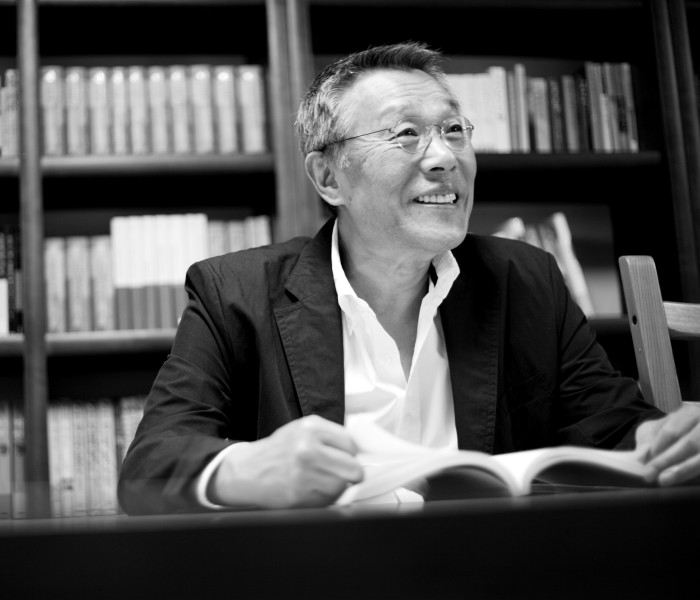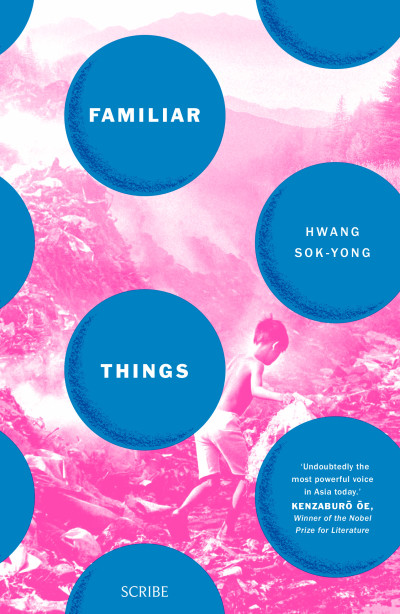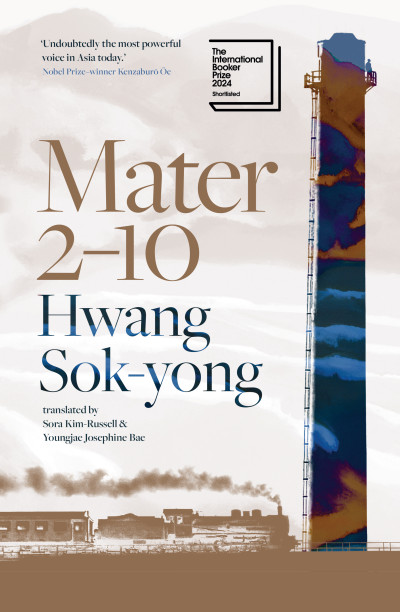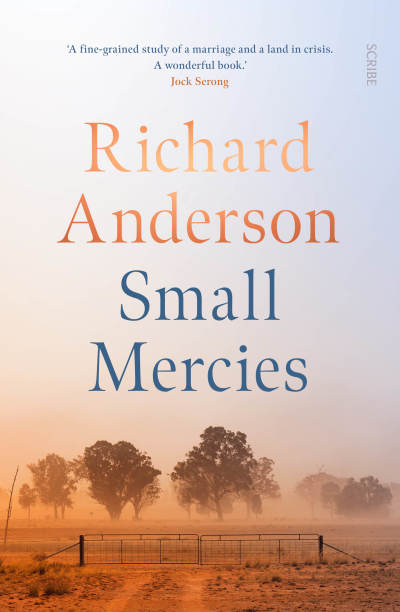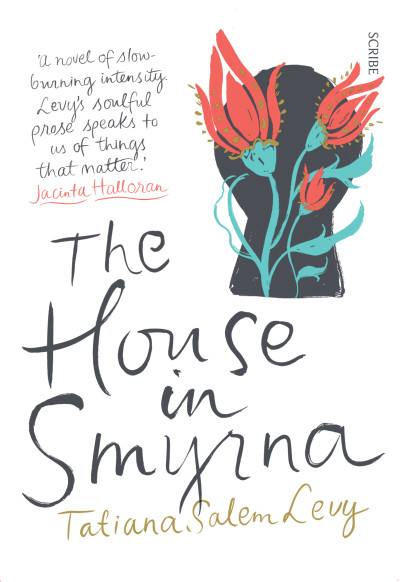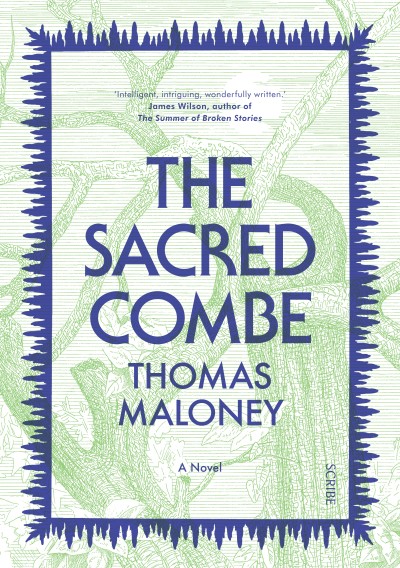“Drawing on an old Korean folktale about a princess on a quest and intertwining it with modern life in China and London, Sok-yong chronicles Bari’s journey in an enchanting style that explores Korean culture, beautifully balances reality with magic, and presents an immigrant's perspective of the world.”
Yen Magazine
“Combining brutal adversity, escapist fantasy, and deep humanity, Hwang…indelibly alchemizes the plight of the North Korean refugee, and refugees worldwide, into resonantly timely storytelling.”
Booklist
“An evocative, modern-day quest from one of Korea's most renowned novelists…a story of the search for home and a timely, surreal reminder of the cost of war and the desperate measures people will take to escape.”
BMA Magazine
“[A]n unquestionably valuable book…Princess Bari deserves praise for offering the opportunity to confront difficult and timely subjects such as the environmental destruction caused by rapid modernization and the complicated nature of immigration and human trafficking.”
Reading in Translation
“Compelling and heartrending … In Hwang’s probing, compassionate work, Western readers unfamiliar with Eastern philosophy and culture will experience new takes on folkloric wisdom born of the enduring collective imagination.”
Los Angeles Review of Books
“Hwang Sok-Yong sets Princess Bari in the midst of Korean history, giving the reader insight not only into his characters, but into the history of his home country. He paints a picture of a family living through this horrific time, but intertwines it with the fantastical mythology of the great Princess Bari, known to many Koreans as Barigongju (????) … perhaps we can use the mythology of Princess Bari as a response to the questions of today – as a guide to release from suffering.”
Corrie Hulse, The Mantle
“Hwang is perhaps the most intensely compassionate writer I’ve ever encountered, telling stories of great suffering with great tenderness and without sensationalism.”
Nerd Daily
Praise for the author
“Hwang Sok-yong is undoubtedly the most powerful voice of the novel in Asia today.”
—Kenzaburo Oe, winner of the 1994 Nobel Prize for Literature
“Hwang Sok-yong is one of South Korea's foremost writers, a powerful voice for society's marginalized, and Sora Kim-Russell's translations never falter.”
—Deborah Smith, translator of The Vegetarian
Praise for Familiar Things
“Galvanized by Nobel Prize-winner Kenzaburo Oe’s resounding endorsement—“undoubtedly the most powerful voice in Asia today”—and master translator Sora Kim Russell’s exquisite rendition, Hwang’s latest anglophonic import is surely poised for western success.” STARRED REVIEW
—Terry Hong, Booklist
“Familiar Things…serves as a powerful and potentially contentious reminder of the difficult backstory to South Korean success. As one of the country’s most prominent novelists, Hwang has never shied away from controversy…With Familiar Things, Hwang turns his attention to the underside of South Korea’s remarkable economic development, namely, the vast underclass it has created. Hwang’s riveting tale of second-class citizenship, in which the main characters are forced to pick through garbage to survive, gestures not just at the country’s past and what was lost during rapid modernization. It also serves as an implicit warning about the future of the Korean peninsula.”
—John Feffer, Boston Review
“One of South Korea’s most acclaimed authors…[In Familiar Things, Hwang] challenges us to look back and reevaluate the cost of modernization, and see what and whom we have left behind.”
—The Guardian
“Familiar Things is a fine little novel, showing a crushing, grim reality in which the resilient human spirit and imagination makes do.”
—M.A.Orthofer, The Complete Review
“[A] vivid depiction of a city too quick to throw away both possessions and people.”
—Financial Times
